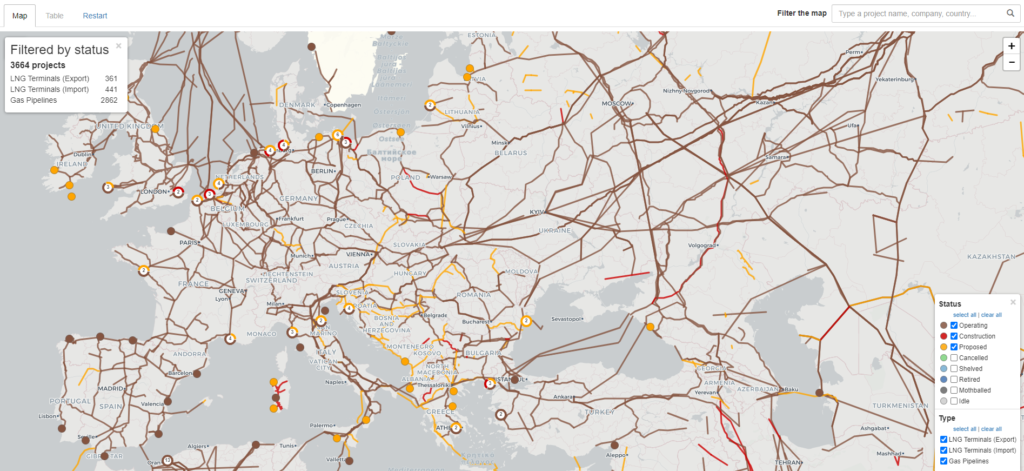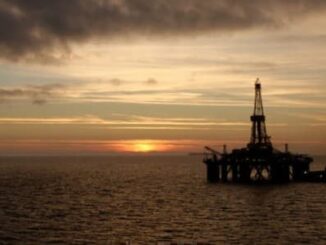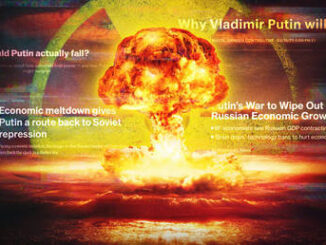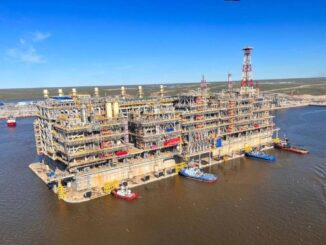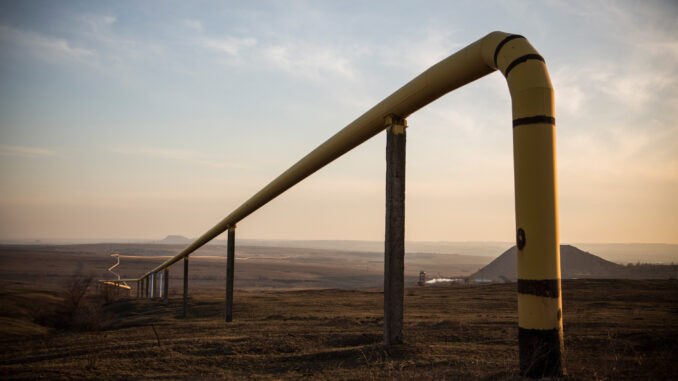
- Russian gas still goes through Ukraine pipeline despite war
- Parts of Europe are worried about the end of supply deal
European officials are in talks to keep gas flowing through a key Russia-Ukraine pipeline, as they race to prevent Moscow’s war further damaging the continent’s energy supplies.
Europe has tried to wean itself off Russian gas but several eastern European states continue to receive it through a pipeline that crosses Ukraine. The agreement that covers this transit arrangement expires at the end of this year. And with war raging, most market watchers expect the gas to finally come to a halt.
But European government and company officials are talking to counterparts in Ukraine about how to keep the gas flowing next year, according to people familiar with the matter who declined to be named as the talks are private. One option that’s been discussed is for European companies to buy and inject gas from Azerbaijan into Russian pipelines heading to Europe, according to some of the people. Such an arrangement would allow Europe to avoid the embarrassment of buying Russian gas at a time when it’s trying to crimp Moscow’s revenues.
The idea is gaining momentum as it becomes clear that Ukraine would be in favor. Transit revenue amounted to about $1 billion in 2021 — providing crucial funding for the war-ravaged economy. There are also concerns that disused pipelines could become military targets, or fall into disrepair that’s costly to reverse.
“There are two factors we should always remember,” Oleksiy Chernyshov, chief executive of Ukraine’s state-run Naftogaz, told Bloomberg News on Monday. “One is that Ukraine has incredible infrastructure of transit and storage gas, which should be used, and Ukraine is predisposed to use this infrastructure because it brings a lot of advantages.”
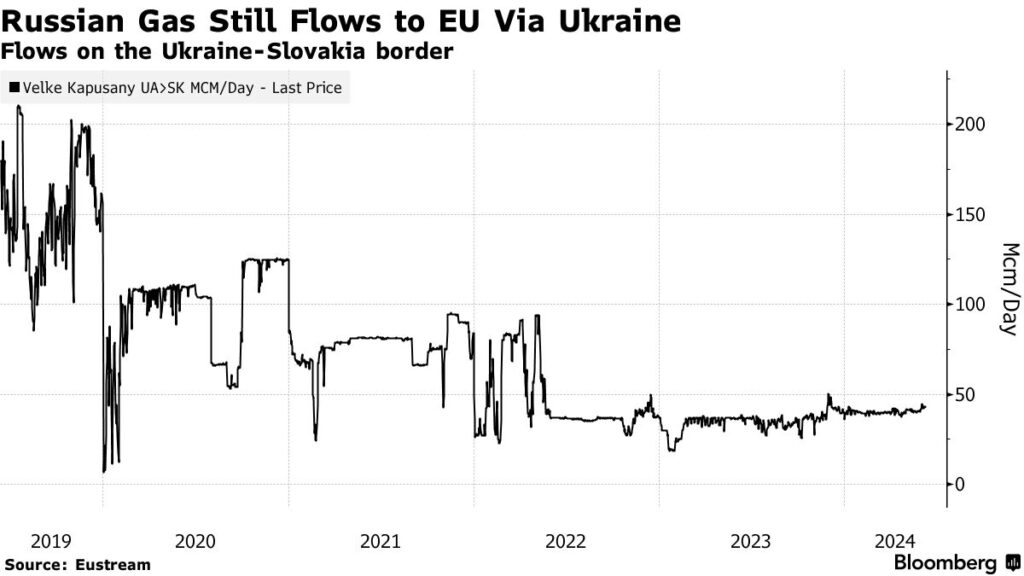
He ruled out any plan that involved working with Russia’s Gazprom PJSC, and said bringing gas from Azerbaijan “might have some future.”
Azerbaijan’s state-run energy company Socar didn’t respond to requests for comment. The energy ministry in Baku, which has repeatedly sought to increase exports to Europe, couldn’t immediately comment. The Russian government and Gazprom didn’t respond to requests for comment.
A plan to use Azeri gas could in theory benefit Russia if it was set up as a swap that allowed Moscow to send its gas elsewhere. Russia has struggled to find enough new customers for the fuel as its infrastructure is set up to supply Europe, and China is driving a hard bargain. The idea of swaps is not alien to oil and gas markets and is used when it’s not possible to physically deliver fuel from one location to another. Azerbaijan is already using its pipeline to Europe at full capacity.
Negotiations
Talks are in early phase and people familiar with the matter expect decisions only toward the end of this year, when the expiry deadline — and the start of the European winter — add pressure. Many details still need to be hashed out, and it’s not clear a deal will get done. Developments on the battlefield may also be a factor.
Uniper SE, the gas giant that was nationalized by Germany as the energy crisis ruined its business model, has been involved in discussions, according to some of the people. A spokesman for Uniper declined to comment. A German economy ministry spokeswoman said the government was in talks within the European Union.
Slovakia is one of the key countries that could benefit from such a deal, and Prime Minister Robert Fico spoke of the possibility last month following a trip to Azerbaijan, without providing details.
“Now, it depends on negotiations between companies such as Russian Gazprom, Azerbaijani, Ukrainian companies, and others to agree on economic and pricing conditions,” he told reporters in May. “If they do, Slovakia could import gas from Azerbaijan, with part of it staying in Slovakia and part passing through to other countries.”
A government spokesman declined to comment further. The energy ministry of Austria, another country set to benefit, didn’t respond to requests for comment.
Russia still ships around 15 billion cubic meters of gas to Europe a year, mainly to Slovakia and Austria, where Russia is still a dominant supplier. In Austria, Russian gas has covered more than 80% of Austrian consumption for five straight months. Europe also imports Russian LNG by ship, and despite frequent debates about whether it should, it has never sanctioned Russian gas.
The European Commission, the executive arm, believes the bloc can withstand the end of Russian transit via Ukraine without any major security risk. Its plan is to rely on alternative suppliers and pursue its ambitious climate strategy, including more renewables and energy savings.
Some member states are less sanguine and fear a replay of the energy crisis. That aligns them with the interests of Ukraine.
“I’m doing everything to find a solution that the Ukrainian gas transportation system will continue to be operational because it’s a big asset and someone should be a customer,” Chernyshov said. “Otherwise it’s loss generating.”


